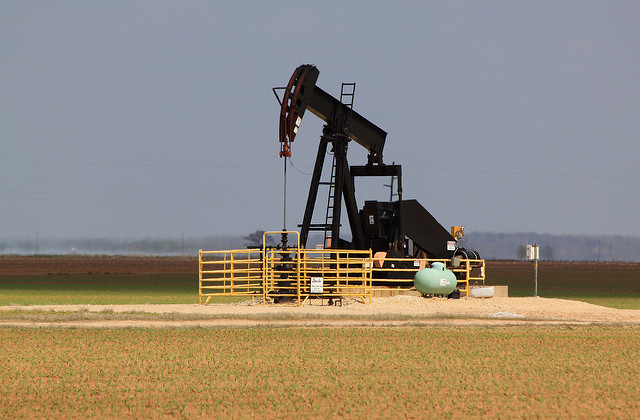
Trump should call on Opec in his bid to negotiate with Putin
Christof Rühl Christof Rühl, Member of the Advisory Board of Crystol Energy and Senior Research Scholar at the Center of Global Energy Policy at Columbia







Christof Rühl Christof Rühl, Member of the Advisory Board of Crystol Energy and Senior Research Scholar at the Center of Global Energy Policy at Columbia

Global energy markets have proven resilient to crises that would have once caused lasting disruptions. But turmoil could return if policymakers draw the wrong conclusions.
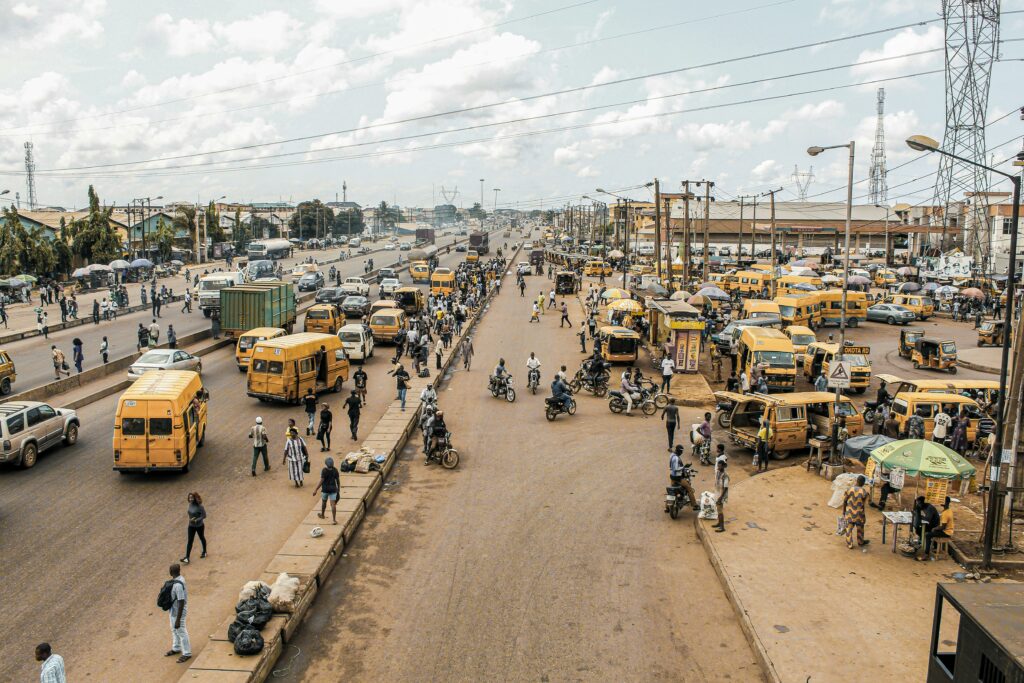
Nigeria’s hydrocarbon-based economy faces long-term decline. Strategic policy reforms and investments in gas can enable a return to growth.
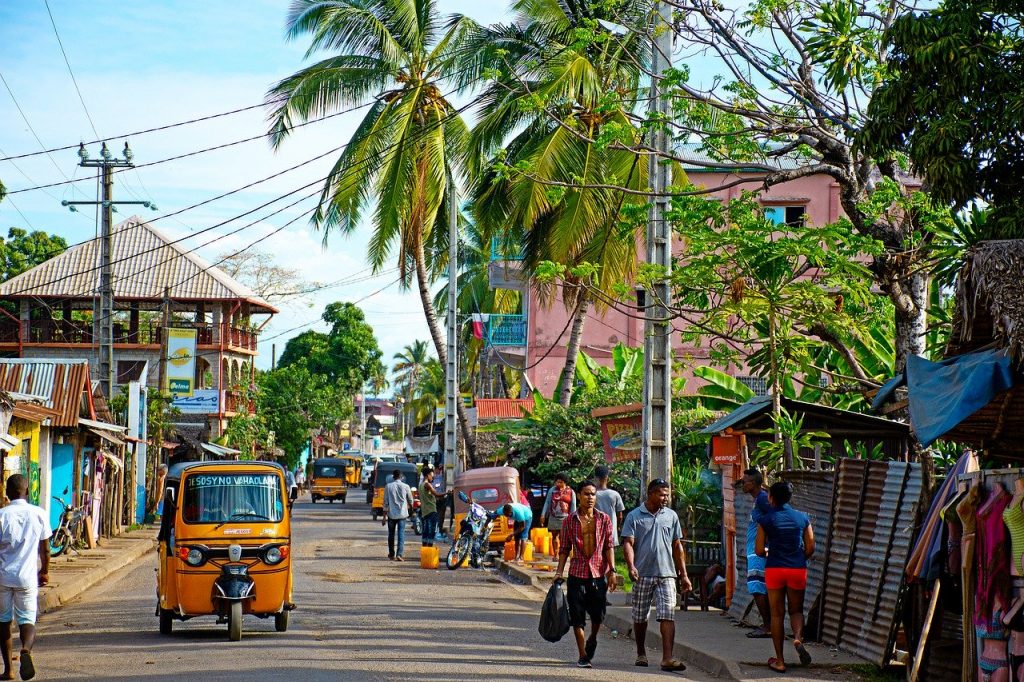
Oil and gas production was a boon for one of Africa’s smallest nations, but it is now caught between dwindling hydrocarbon reserves and the pressures of the energy transition.
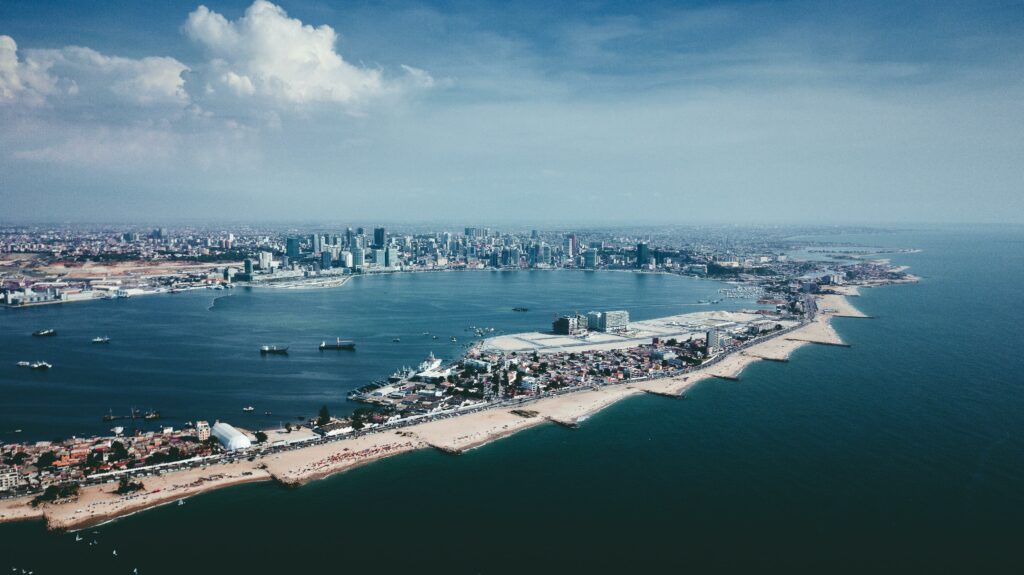
As OPEC strived to prop up oil prices with production limits for its members, Angola was caught between the organization’s policies and its own interests.
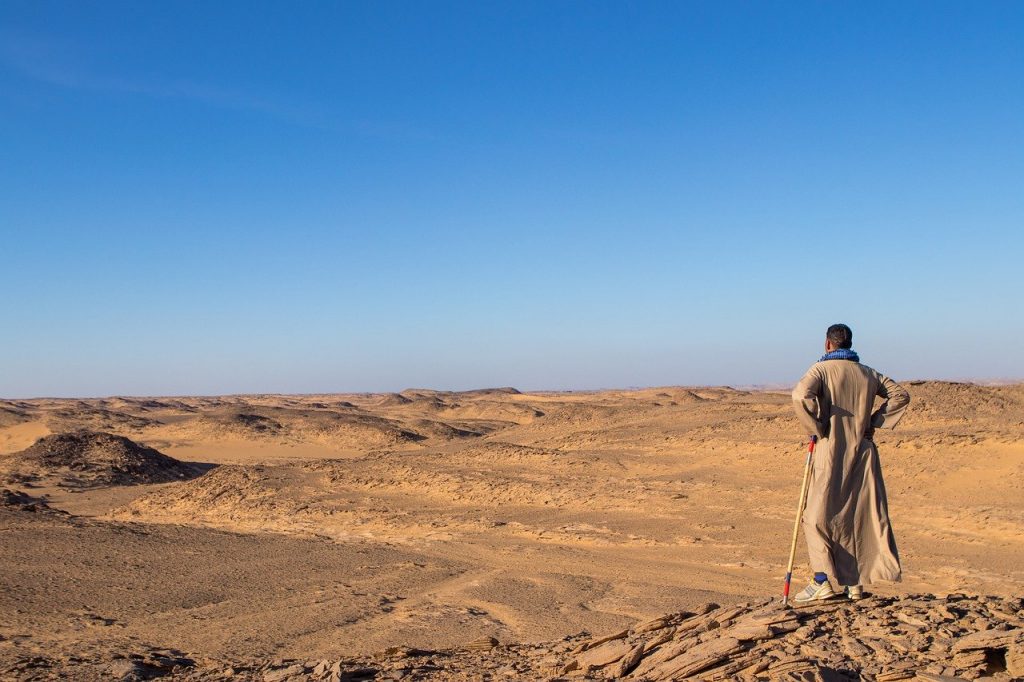
Politically divided Libya is trying to ramp up its petroleum output and draw foreign investors back to its vast oil fields.

Asia is a crucial market for every established energy exporter, but suppliers’ bets are not risk-free.

In this TV interview given to Lubna Bouza, Anchor at SkyNews Arabia, Dr Carole Nakhle discusses the impact of the US presidential elections outcome on
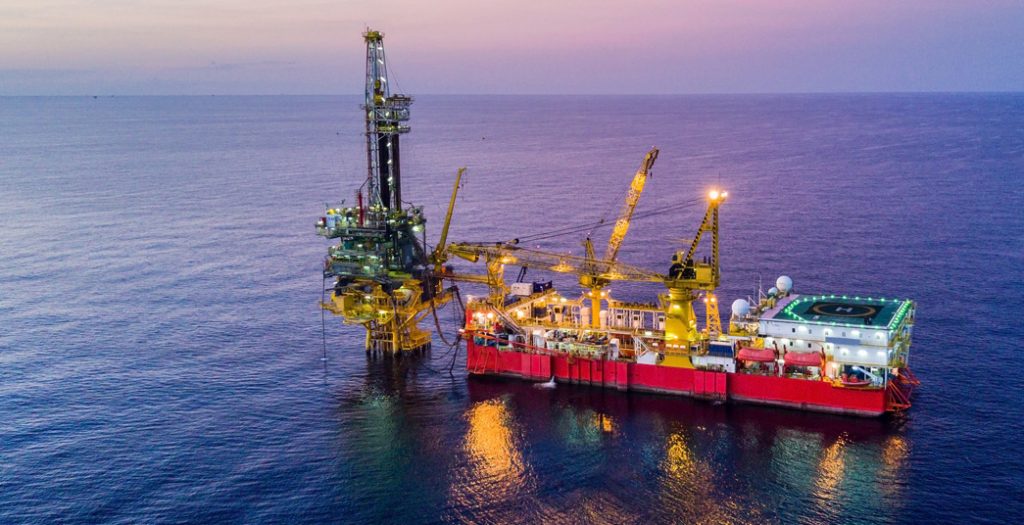
Having stalled through June and July, the recovery of the global oil market seemed to reboot in August. The OPEC+ producer alliance stuck to its schedule and relaxed its cuts by 2 million barrels per day…
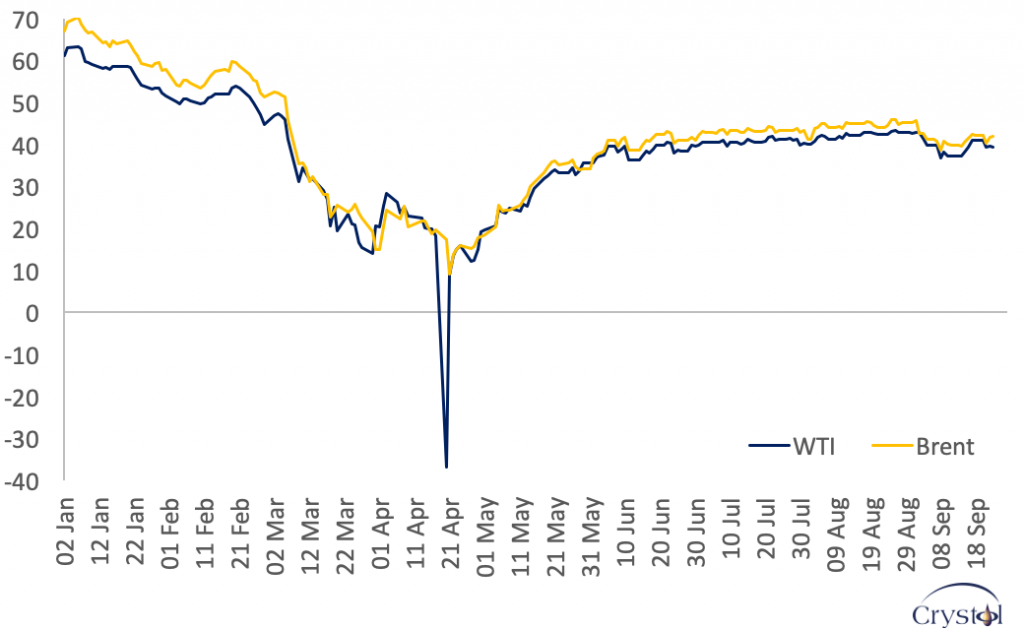
Oil markets seem almost frozen, with prices hovering around $40 per barrel (bbl) in June and July after initially recovering rapidly in May.